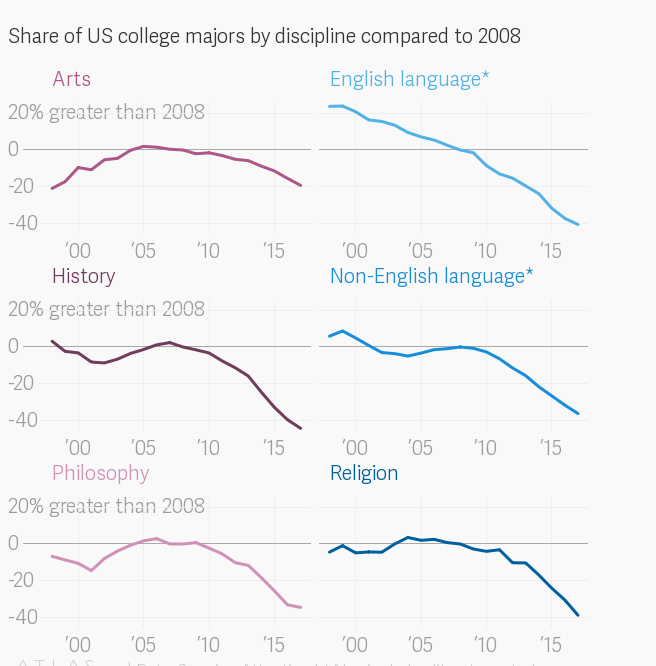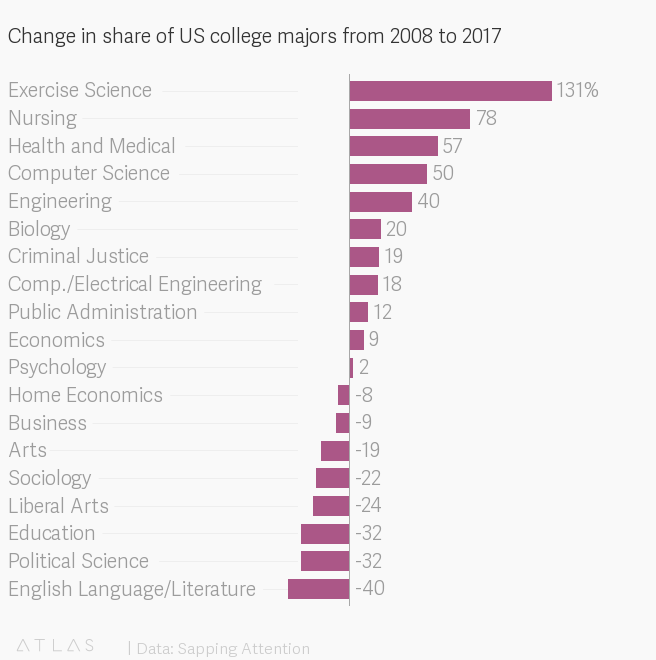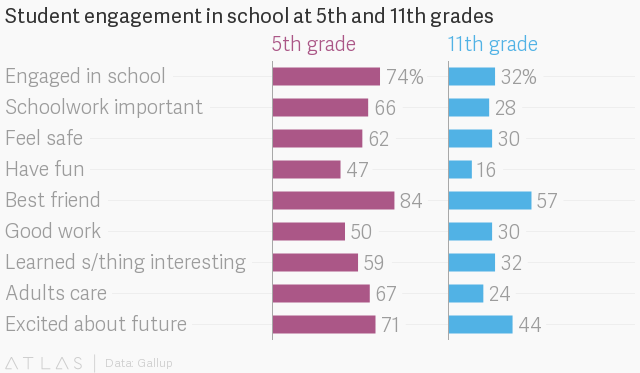Source: The Uncharity of College: The Big Business Nobody Understands, by Conrad Bastable
How Colleges Make More Money Than God By Giving It Away
A very brief summary of what’s to come in this essay:
- College degrees are more valuable than ever in post-industrial economies, so applicants to top-tier schools are up 240% over the last 25 years
- Meanwhile, available spots at top-tier colleges in America have increased just 2% over the last 25 years
- Microeconomics 101: Fixed Supply + Increased Demand = Increased Price
- That’s the obvious part
- The non-obvious part is that this is intentional
- Because the Charity-status ( 501(c)(3) )of Colleges in America depends on more-than-half of their students being unable to afford the education (read: “receiving financial aid”)
- That Charity-status protects the Investment Returns of College Endowments from Uncle Sam & the IRS
- Investment Returns Compound over time, and there is no more powerful force on Earth — anyone not playing the game to maximize Compound-returns will lose to everyone who is
- Investment Returns already generate more revenue than undergrad tuition income at: Princeton (911% more), Harvard (529% more), Yale (254% more), MIT (118% more), Stanford (115% more), Brown (29% more), Duke (13% more), Dartmouth (9% more), and U Chicago (6% more)
- Undergrad tuition brings in just 10% – 20% of total revenue at the Ivy League / Top-10 schools not listed above. Undergrad Tuition is not more than a quarter of revenue at any of these schools.
- Thus: if Colleges want to keep their Investment Returns tax-free, Tuition MUST remain unaffordable for at least 50% of undergrads
Tuition is meaningless income to MIT now — a drop in the bucket, just 3.2% of their income comes from undergraduate tuition — but so long as the Tuitions are unaffordable for 58% of undergraduates, the Investment returns on $16.4 billion dollars are tax free.


